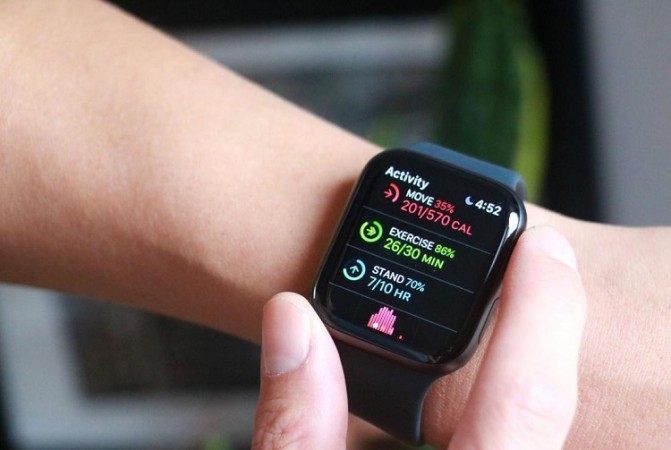
In our fast-paced world, keeping tabs on our health and fitness has become more crucial than ever. With the advent of technology, fitness trackers have evolved from simple pedometers to sophisticated health monitoring devices. These devices have the potential to revolutionize the way we approach our well-being. In this article, we will delve into the evolution of fitness trackers and their significant impact on our health and lifestyle.
The Rise of Fitness Trackers
Fitness trackers have come a long way since the humble pedometer. The first fitness trackers were primarily designed to count steps and estimate daily calorie expenditure. However, as technology advanced, these devices transformed into comprehensive health monitoring tools. Today's fitness trackers offer a wide range of features, including heart rate monitoring, sleep tracking, GPS capabilities, and even stress management tools.
How Fitness Trackers Work
Most fitness trackers use a combination of sensors and software to monitor your health and fitness. Accelerometers and gyroscope sensors track movement and provide data on your steps, distance, and active minutes. Heart rate sensors measure your pulse continuously, offering insights into your cardiovascular health. GPS capabilities allow you to map your runs, walks, or bike rides accurately. Some devices even include skin temperature sensors to help assess stress levels.
Impact on Physical Health
Fitness trackers have had a substantial impact on physical health. They provide motivation and accountability, helping users set and achieve fitness goals. Whether it's taking 10,000 steps a day or maintaining a target heart rate during workouts, these devices keep users on track. Additionally, they offer insights into sleep quality, helping users understand and improve their sleep patterns. Adequate sleep is a cornerstone of good health, impacting mood, cognitive function, and overall well-being.
Impact on Mental Health
Mental health is just as important as physical health, and many modern fitness trackers recognize this. Stress tracking features, for instance, help users manage their emotional well-being. By monitoring changes in heart rate and offering guided breathing exercises, fitness trackers can assist in stress reduction. This can have a profound effect on overall mental health and quality of life.
Impact on Lifestyle
The impact of fitness trackers on lifestyle goes beyond health monitoring. These devices encourage a more active lifestyle by providing daily reminders to move, which can be particularly useful for individuals with sedentary jobs. Furthermore, many fitness trackers offer social features, allowing users to connect with friends and family for challenges and competitions. This social aspect of fitness tracking can foster a sense of community and support, further motivating users to lead healthier lives.
Challenges and Considerations
While fitness trackers offer numerous benefits, it's important to consider some potential challenges. Privacy and data security are concerns, as the devices collect and store personal health information. Users should be cautious about sharing this data and choose reputable brands with strong privacy policies.
Fitness trackers have come a long way since their inception, evolving from simple step counters to comprehensive health and fitness monitoring tools. Their impact on physical and mental health, as well as on lifestyle, is substantial. By providing motivation, accountability, and insights, these devices empower users to take control of their well-being and lead healthier lives. As technology continues to advance, fitness trackers are likely to play an even more significant role in our pursuit of a healthier lifestyle. However, users should remain vigilant about privacy and data security to ensure they reap the full benefits of these remarkable devices.